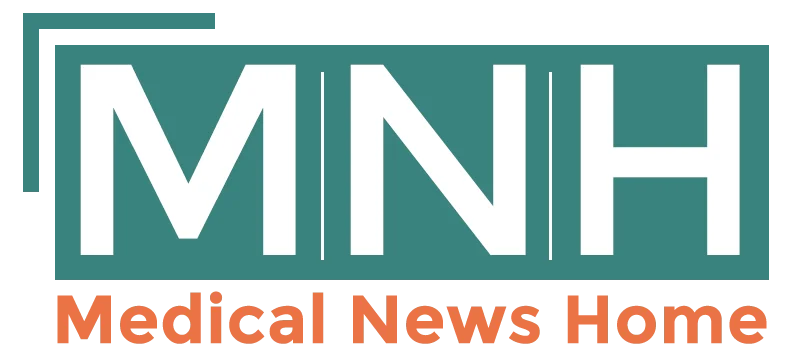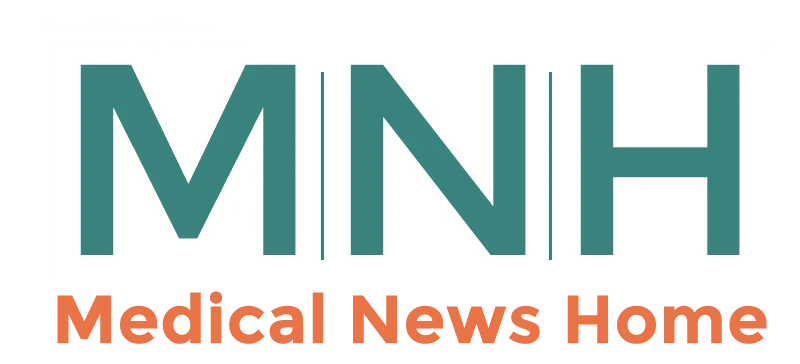Streamlining Digital Health Tool Evaluation: Insights from the Peterson Health Technology Institute
- Updated on: May 6, 2025
- Published on Nov 25, 2023

Explore the cutting-edge insights unveiled by Caroline Pearson, Executive Director at the Peterson Health Technology Institute, as she navigates the maze of evaluating digital health tools. Uncover how PHTI’s comprehensive assessment framework is revolutionizing healthcare decision-making, addressing efficacy, cost, and clinical impact. Dive into our article for an exclusive peek at the game-changing technologies shaping the future of healthcare.
As the digital health landscape expands exponentially, the critical challenge faced by healthcare leaders is discerning the efficacy and reliability of these evolving technologies. With the proliferation of digital health tools, the quest for clarity amid the cacophony of promises becomes paramount. In response to this necessity, the Peterson Health Technology Institute (PHTI) emerges as a beacon, illuminating the path to informed decision-making for providers and payers in the healthcare ecosystem.
The Digital Health Surge
According to the American Medical Association (AMA), healthcare providers have witnessed a significant upsurge in the use of digital health tools, with an average increase from 2.2 tools in 2016 to 3.8 in 2022. This spike correlates with a remarkable surge in digital health spending and deal-making, with 2022 recording the second-highest levels in a decade, showcasing a substantial growth in deals from 146 in 2012 to 572 in 2022.
Navigating the Digital Health Maze
Within this dynamic landscape, the challenge lies in distinguishing tools that fulfill their promises from those that might fall short. The Peterson Health Technology Institute, led by Caroline Pearson, stands at the forefront of this endeavor, aiming to streamline the evaluation process for providers and payers.
Understanding PHTI’s Approach
PHTI functions as an independent evaluator, leveraging a comprehensive assessment framework released in September 2023. This framework encompasses three core components:
Technology Context
Providing a clear delineation of the market landscape and functionality of digital tools. Additionally, emphasizing the critical aspects of privacy and security when handling sensitive health data.
Clinical Effectiveness
Scrutinizing the safety, effectiveness, and comparative advantage of digital tools in relation to traditional care models. This phase includes analyzing user experiences and addressing health equity concerns, ensuring inclusivity across diverse populations.
Budget Impact
Delving into the cost implications of adopting these technologies, with a focus on their capacity to enhance efficiency and generate savings within the healthcare system.
Spotlight on Key Emerging Technologies
Caroline Pearson highlights several technology domains that hold substantial promise for healthcare stakeholders:
Remote Patient Monitoring (RPM)
Seen as a game-changer for chronic disease management, RPM offers the potential to deliver enhanced care beyond conventional settings. However, its variability and unique payment models warrant a closer examination.
Home-Based Care
The enthusiasm for delivering care virtually post-COVID underscores the need for innovative solutions surpassing mere telehealth encounters.
Behavioral Health Tools
Ranging from substance use disorder treatments to addressing mental health concerns, these tools showcase substantial potential for broader impact.
Fostering Informed Decision-Making
PHTI’s commitment to evaluating tools by disease area underscores a strategic approach aiming for significant population impact and cost-effectiveness. As they tread carefully to ensure maturity and evidence base before adoption, the call for transparency and concrete data remains imperative.
Paving the Way Forward
Despite the excitement surrounding these advancements, PHTI acknowledges the necessity for comprehensive evaluations to substantiate claims. The institute’s willingness to collaborate and address challenges faced by vendors underscores its commitment to driving genuine progress within the healthcare landscape.
Key takeaways
The Peterson Health Technology Institute emerges not merely as an evaluator but as a catalyst for a paradigm shift in how digital health tools are assessed and adopted. Their dedication to evidence-based assessments and collaboration signals a hopeful trajectory towards a more informed, efficient, and equitable healthcare future.
As the healthcare industry navigates this digital transformation, PHTI’s guidance serves as a crucial compass, steering stakeholders towards the most effective and impactful digital health solutions.


